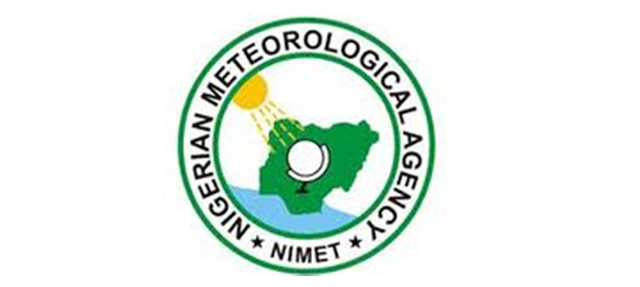A storm of discontent brews within the Nigeria Meteorological Agency (NiMet), where staff members allege a climate of hardship and broken promises under the leadership of Director-General/Chief Executive Officer, Prof. Charles Anosike. At the heart of the brewing crisis is the alleged non-payment of salaries for the Seasonal Climate Prediction (SCP) team for the past six months, an unprecedented occurrence in the agency’s history. This financial hardship, coupled with what employees describe as harsh working conditions and a disregard for their welfare, has ignited simmering tensions within the agency and threatens to disrupt vital meteorological services, particularly for the aviation sector. Anonymous sources within NiMet, fearing reprisal, have painted a grim picture of an organization grappling with internal strife and a leadership seemingly detached from the plight of its workforce.
The non-payment of salaries is just the tip of the iceberg, according to aggrieved staff. Beyond the immediate financial strain, employees have expressed concerns about a broader pattern of disregard for their well-being. Instances of staff being sent on assignments without Duty Travel Allowances (DTA), resulting in tragic consequences including the death of two employees in a road accident, further underscore the perceived lack of concern for employee safety and welfare. The prevailing sentiment among the workforce is one of impoverishment and disillusionment, with a palpable sense of foreboding hanging over the agency. This atmosphere of discontent has escalated to the point where unions have issued a stern ultimatum, threatening to reinstate a previously suspended strike action.
The unions’ renewed grievances stem from what they perceive as management’s failure to uphold the terms of a bargaining agreement signed in January 2025. Central to this agreement was a commitment to negotiate and implement workers’ allowances by February 2025. However, according to union representatives, the management has failed to meet this obligation. Adding fuel to the fire are suspicions of foul play surrounding the handling of the negotiated conditions of service document. Union signatories claim they have been denied access to the document despite repeated requests, fueling speculation about the management’s intentions. The Union of Air Transport Employees, the Association of Nigeria Aviation Professionals, and the Amalgamated Union of Public Corporations, Civil Service Technical, and Recreational Services Employees have collectively voiced their disappointment and accused NiMet’s management of a blatant breach of trust.
Further exacerbating the situation is the increasing reliance on consultants to carry out agency functions, even while substantive staff members remain present. Workers interpret this move as a thinly veiled attempt to siphon funds from the agency. This allegation, coupled with the perceived mismanagement of resources and the disregard for employee welfare, paints a troubling picture of an organization in turmoil. The workers’ claims, if substantiated, raise serious questions about the leadership’s priorities and its commitment to the agency’s mandate.
In response to the mounting accusations, the Director of Human Resource Management and Administration, Nasiru Sani, has refuted the claims of breached agreements. He maintains that the management has been actively engaging with relevant government agencies to address the issues raised by the unions in the January agreement. Sani emphasizes that many of the issues require intervention from external bodies and are not solely within the management’s purview to resolve. He argues that it is unfair to accuse the management of inaction when they are actively working through the necessary channels to address the workers’ concerns. He further points to efforts to secure increased cost recovery from agencies like the Nigeria Air Management Authority (NAMA), Nigeria Civil Aviation Authority (NCAA), and the Federal Airport Authority of Nigeria (FAAN) as evidence of the management’s commitment to improving staff welfare.
However, the workers’ accounts paint a drastically different picture, highlighting a deep disconnect between management’s pronouncements and the lived experiences of the staff. The allegations of unpaid salaries, unsafe working conditions, and a lack of transparency surrounding the negotiated conditions of service document suggest a deeper malaise within the agency. The looming threat of renewed strike action underscores the urgency of addressing these issues. Whether the management’s assurances of engagement with relevant government agencies will translate into tangible improvements for the workers remains to be seen. The future of NiMet, and its ability to effectively deliver on its mandate, hinges on finding a swift and equitable resolution to this brewing crisis.


